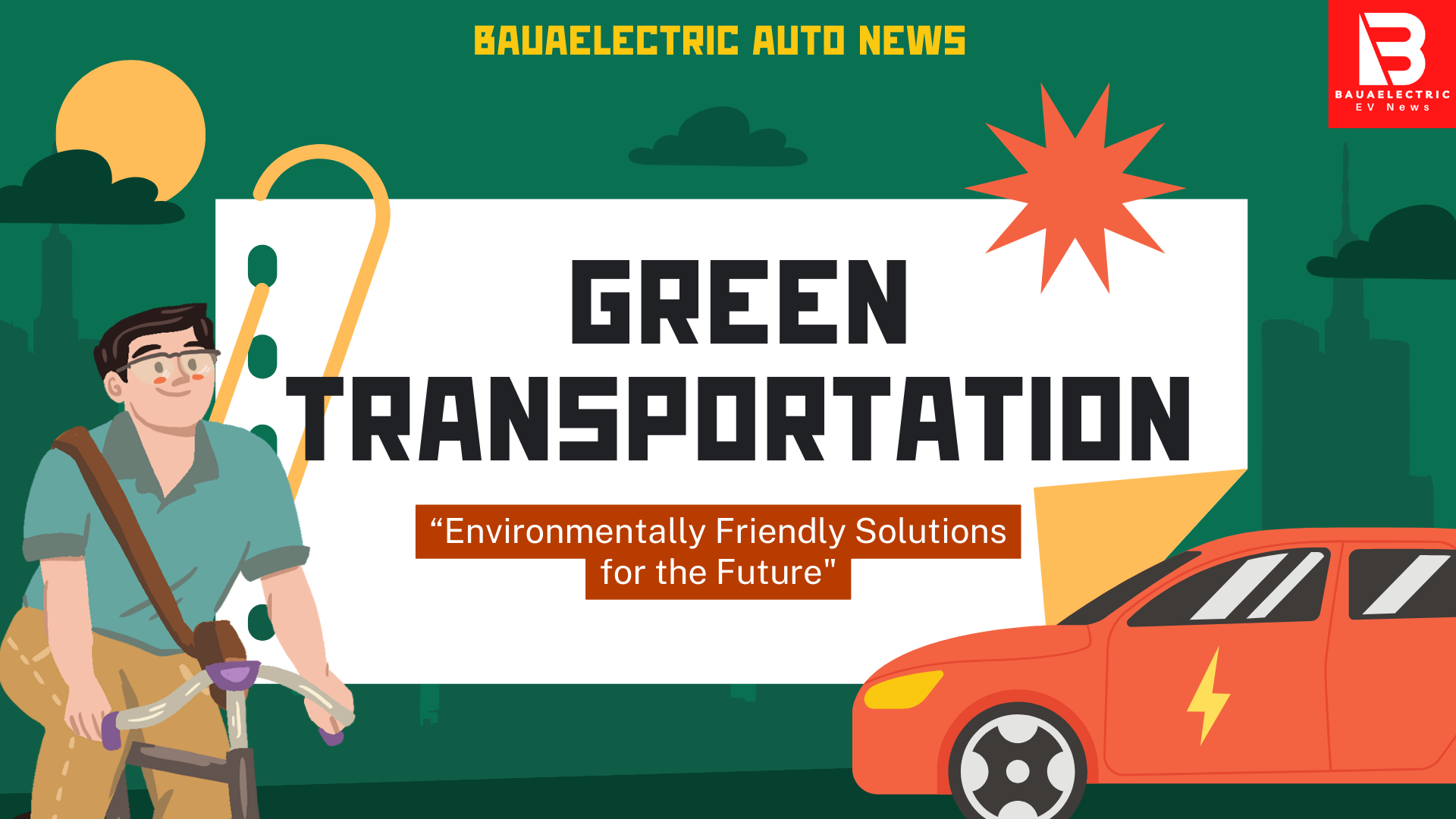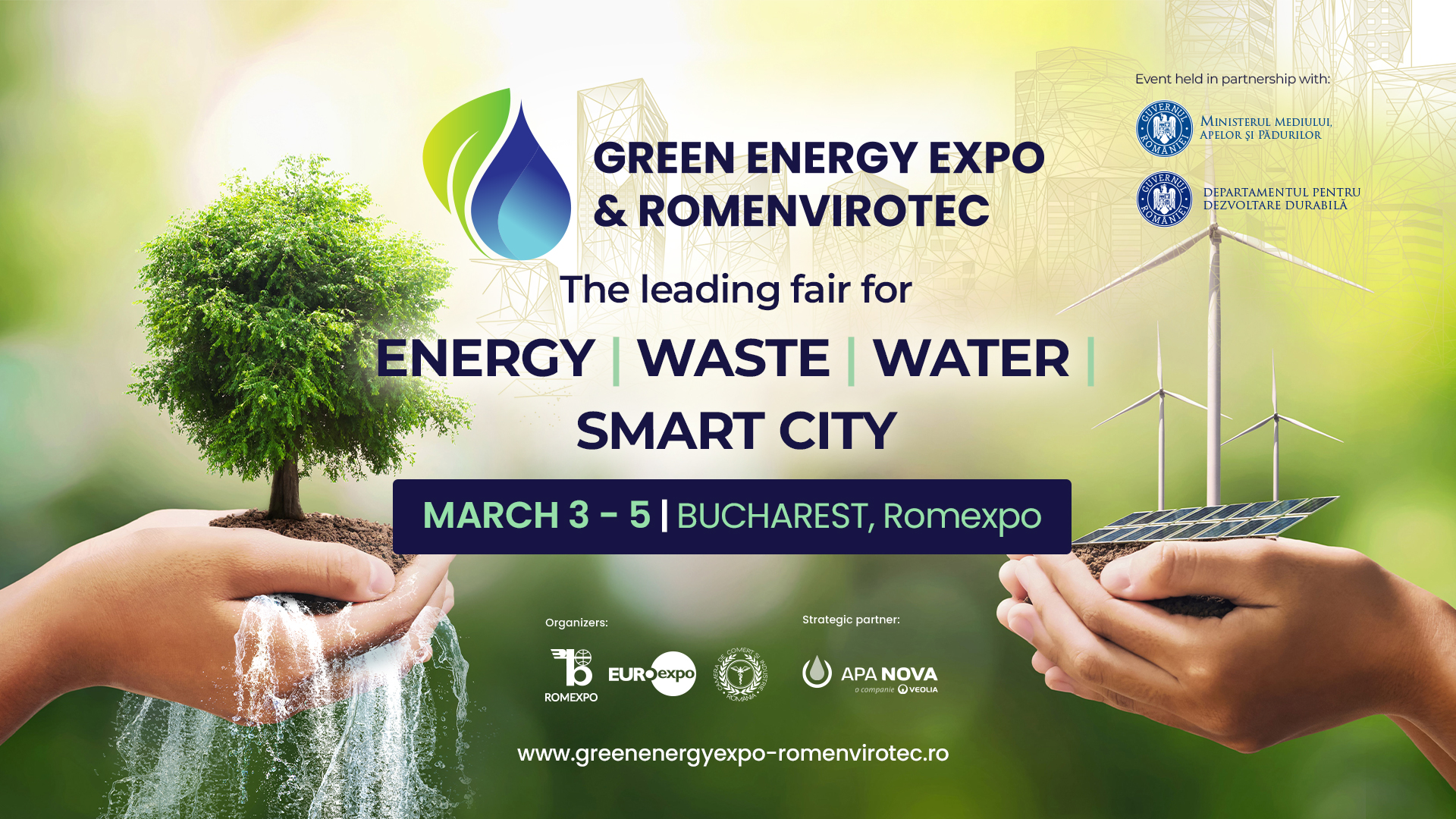Green Transportation Trending Research Topics
Here we cover the most possible topics that could be included under the hydrogen based vehicles or green transportation as an alternate to electric vehicle.
Hydrogen vehicles are an exciting area of research as scientists and engineers look for cleaner ways to power our cars, buses, trucks, and even trains and planes. Here are some of the key topics they are working on:
1. Hydrogen Fuel Cells
Hydrogen fuel cells are like batteries that use hydrogen to create electricity. This electricity can then power a vehicle. Researchers are working to make these fuel cells more efficient and cheaper so that hydrogen vehicles can be as affordable and reliable as traditional gasoline cars. They are also exploring how these fuel cells can be used in various vehicles, from small cars to large trucks and even trains.
2. Storing Hydrogen Safely
One of the biggest challenges with hydrogen vehicles is how to store the hydrogen safely and compactly. Scientists are developing new materials and methods to store hydrogen in a way that takes up less space and is lighter, which can help make hydrogen vehicles go further on a single tank.
3. Making Green Hydrogen
Hydrogen can be made in different ways, but some methods create pollution. Green hydrogen is made using renewable energy sources like wind and solar power, which don’t produce pollution. Researchers are focused on making green hydrogen production more efficient and cheaper so that it can be used widely without harming the environment.
4. Building Hydrogen Stations
For hydrogen vehicles to be practical, we need places to refuel them, just like gas stations for regular cars. Researchers are working on creating a network of hydrogen refueling stations that are easy to access and use. This involves developing technology to safely transport and store hydrogen at these stations.
5. Using Hydrogen with Renewable Energy
Hydrogen can also help store and use energy from renewable sources like wind and solar power. When there’s extra energy from these sources, it can be used to make hydrogen, which can be stored and then used later when there’s less wind or sunlight. This helps to balance the energy supply and make sure there’s always enough power available. Read more
6. Heavy-Duty Hydrogen Vehicles
Hydrogen is especially useful for big vehicles that travel long distances, like trucks, buses, and trains. These vehicles need to refuel quickly and carry heavy loads, which hydrogen fuel cells can handle well. Research is focused on how to best use hydrogen for these types of vehicles to reduce pollution from heavy transport.
These research topics aim to make hydrogen vehicles a practical and environmentally friendly alternative to gasoline and diesel vehicles, helping to reduce pollution and dependence on fossil fuels.
More on Trending Research Topics in Hydrogen Vehicles
In addition to the main points previously discussed, here are more research areas and developments in the field of hydrogen vehicles:
7. Improving Hydrogen Production Efficiency
Scientists are constantly working on new methods to produce hydrogen more efficiently. This includes using advanced catalysts that speed up the chemical reactions needed to produce hydrogen. These advancements can lower the cost of hydrogen production, making it more viable as a widespread fuel source.
8. Carbon Capture and Storage (CCS)
When hydrogen is produced from natural gas, it can release carbon dioxide, a greenhouse gas. Researchers are developing ways to capture and store this carbon dioxide so that it doesn’t enter the atmosphere. This makes the production process cleaner and helps combat climate change.
9. Biomass Gasification
Another sustainable method for producing hydrogen is through biomass gasification. This process involves converting organic materials, like agricultural waste, into hydrogen. It not only provides a renewable source of hydrogen but also helps in managing waste efficiently.
10. Hydrogen-Powered Aviation and Marine Transport
Research is expanding beyond road vehicles to include airplanes and ships. Hydrogen can power aircraft and marine vessels, offering a cleaner alternative to traditional jet fuel and marine diesel. This research aims to significantly reduce emissions from two of the most polluting transport sectors.
11. Combined Heat and Power (CHP) Systems
Hydrogen can be used in combined heat and power systems, which produce both electricity and heat from a single fuel source. This dual use can improve energy efficiency in buildings and industrial processes, making hydrogen an even more versatile energy carrier.
12. Portable Hydrogen Fuel Cells
Portable hydrogen fuel cells are being developed for a variety of applications, from powering remote sensors to providing backup power for homes. These small-scale fuel cells can offer reliable and clean power in places where traditional power sources are unavailable or unreliable.
13. Anti-Evaporation Catalysts
Researchers are developing anti-evaporation catalysts that can prevent hydrogen loss during storage and transportation. This technology ensures that more hydrogen reaches its destination, improving the overall efficiency of the hydrogen supply chain.
14. Public Policy and Incentives
The role of government policy and incentives is crucial in advancing hydrogen technology. Research includes studying the impact of subsidies, tax breaks, and other incentives that can encourage the adoption of hydrogen vehicles and infrastructure. This helps create a supportive environment for the hydrogen economy to grow.
15. Public Perception and Acceptance
Understanding and improving public perception of hydrogen vehicles is also a significant area of research. This includes educational campaigns and demonstrating the safety and benefits of hydrogen technology to gain public trust and acceptance.
These additional points highlight the broad and multi-faceted nature of research in the hydrogen vehicle sector, addressing technical, economic, and social aspects to pave the way for a cleaner and more sustainable future.




